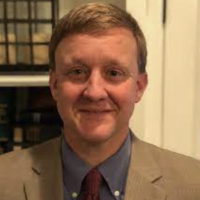Hamilton Misdemeanor Lawyer, Mississippi
Sponsored Law Firm
-
 x
x

Click For More Info:
-
Smith, Murphy & Dobbs, LLC
1109 Van Buren Ave Oxford, MS 38655» view mapAccident & Injury and Criminal Defense Smart, Efficient, Precise
Fair legal work for fair compensation. We are straight-forward in our communications with clients and return all emails and phone calls within twenty-four (24) hours.
800-894-6061
Not enough matches for Hamilton Misdemeanor lawyer.
Below are all Hamilton Criminal lawyers.
Mark Andrew Cliett
✓ VERIFIEDCriminal, Divorce & Family Law, Real Estate, Accident & Injury, Estate
I Fight For You
Mark Cliett is an experienced lawyer who has been practicing law in Mississippi since 1995.
Logan Shane Tompkins
✓ VERIFIEDWorkers' Compensation, Car Accident, Criminal
Shane was born in Vicksburg, Mississippi, where he was educated at St. Aloysius High School. He later attended Millsaps College, before earning his Ju... (more)
Edtrik DeAngelas Baker
Eminent Domain, International, State Appellate Practice, Criminal
Status: In Good Standing Licensed: 19 Years
Courtney Bradford Smith
Personal Injury, Criminal, Real Estate, Family Law
Status: In Good Standing Licensed: 13 Years
William Lewis Bambach
Litigation, Family Law, Criminal, Bankruptcy
Status: In Good Standing Licensed: 41 Years
 Joseph Murphy Oxford, MS
Joseph Murphy Oxford, MS Practice AreasExpertise
Practice AreasExpertise


